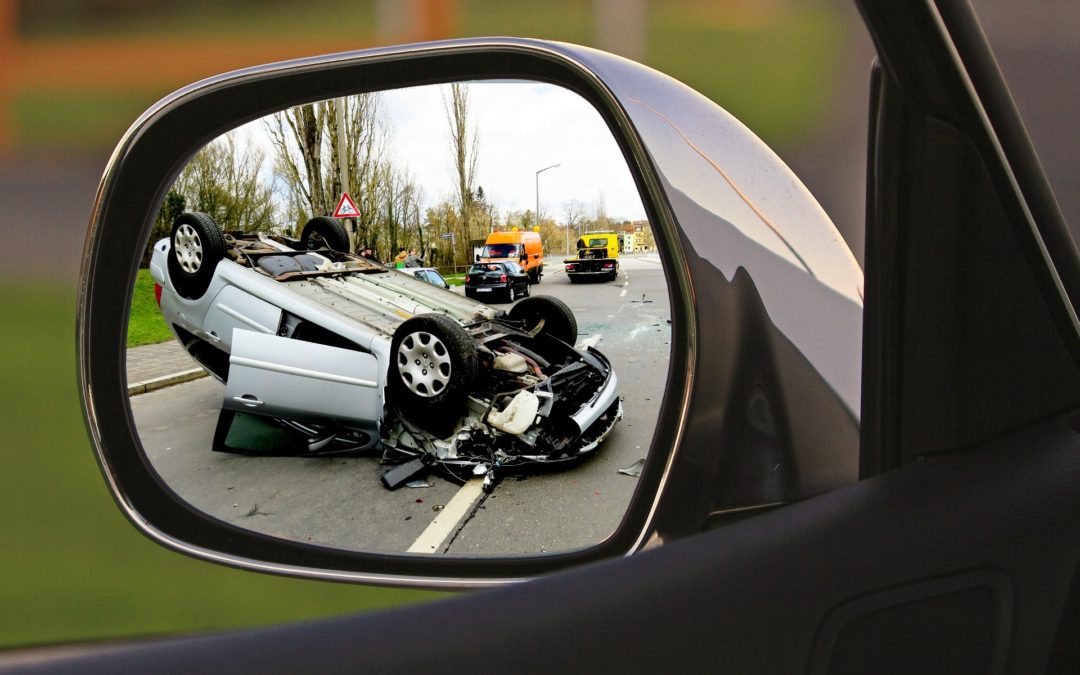Claims filed as a result of car accidents, “slip and falls,” etc. are referred to as negligence.
In short, negligence is the basis for holding a person or company legally responsible for resulting harm after an accident.
Negligence means that the person responsible for the accident is held legally liable for any harm.
Determining who is at fault usually takes place through informal settlement talks or in the trial through a personal injury lawsuit.
How To Win A Negligence Case
There are four main areas that the person filing (referred to as a plaintiff) must prove in order to show the defendant at fault acted negligently.
1. Duty
Under certain circumstances, the defendant may owe a legal duty of care to the plaintiff.
Duty must be established before continuing with an act of negligence.
Some cases are assessed differently than others.
For example, if someone who is under driving restrictions due to poor eyesight or certain medications hit a pedestrian, they would be considered negligent and would owe duty to the pedestrian.
Why?
The person did not follow their driving restrictions and as a result, caused harm to someone else.
2. Breach of Duty
Second, the court will take a further examination to determine whether or not the defendant breached this duty by doing, or not doing, something.
The court will base their decision on what is referred to as a reasonably prudent person.
Meaning, if the average person who do or not do something knowing the outcomes, and the defendant did the opposite, they would be found negligent.
3. Causation
Next, the plaintiff must prove that the defendant’s act of negligence resulted in their injury or injuries.
For example, if someone swerved into your lane while driving and hit you, you could not sue the person who caused the person who hit you to swerve just because their driving was negligent.
As well, the court will look at whether or not the defendant could have foreseen that their actions would result in someone else’s injury.
If the court believes that the defendant could not have foreseen that their action would cause injury to the plaintiff, then they would deem it an unforeseeable act and the defendant would not be liable.
4. Damages
The final step is the court being able to compensate the plaintiff for their injury.
This is typically monetary compensation for property damages or medical bills directly related to the injuries from the accident.
If someone is injured and goes to the doctor to also find out that they need a minor surgery, they will not be compensated for all their medical bills.
Even if the only reason they were at the hospital in the first place was due to the negligent act.
The only medical bills that will be covered are ones resulting from the accident.
If you or someone you know has been injured due to a negligent act you may have a chance at receiving compensation.



Recent Comments